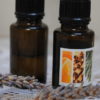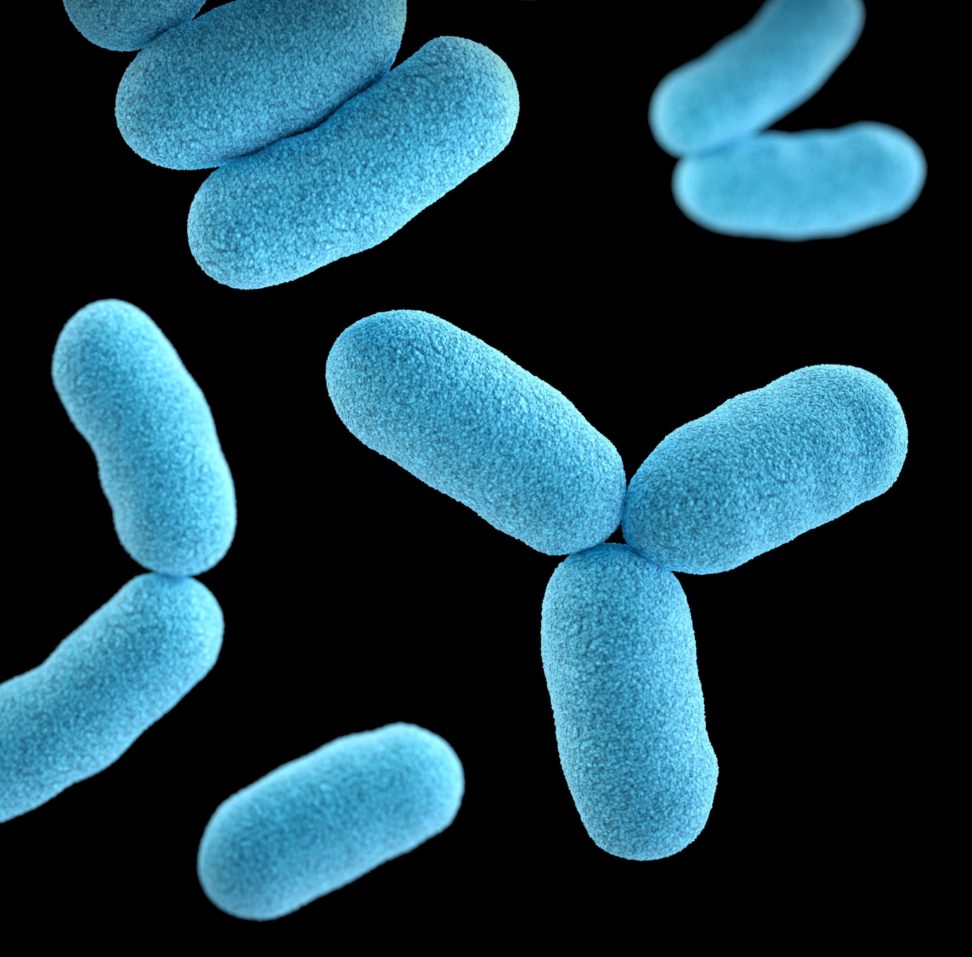A Quick Look: Your Probiotics and Histamine Overproduction
We’ve all seen the ads for antihistamine medication or used them for seasonal allergies. While histamines are part of the body’s normal immune response, they can cause those symptoms that many experience, like running nose, itching eyes or worse. Perhaps surprising to some, histamines play a part in how our digestive system functions.
Remind me, what do histamines do?
“They’re chemicals your immune system makes. Histamines act like bouncers at a club. They help your body get rid of something that’s bothering you — in this case, an allergy trigger, or ‘allergen.’
“Histamines start the process that hustles those allergens out of your body or off your skin. They can make you sneeze, tear up, or itch — whatever it takes to get the job done. They are part of your body’s defense system. …
In response to an allergen, your system “ … sends a chemical signal to ‘mast cells’ in your skin, lungs, nose, mouth, gut, and blood. The message is, ‘Release histamines,’ which are stored in the mast cells.
“When they leave the mast cells, histamines boost blood flow in the area of your body the allergen affected. This causes inflammation, which lets other chemicals from your immune system step in to do repair work. Histamines then dock at special places called ‘receptors’ in your body … ” that brings on symptoms, like mucus production, itching, etc.
(The above quotations are from What Are Histamines?)
The Link Between Your Gut Bacteria and Histamine
Each person has a variety of intestinal bacteria and that variety is an important part of each person’s health, including staving off too much histamine.
Quoting from this Time’s article, “Everyone’s microbiome is unique, but there are a few generalities about what’s healthy and what’s not. ‘In healthy people, there is a diverse array of organisms,’ says Dr. Gail Hecht, chair of the American Gastroenterological Association Center for Gut Microbiome Research & Education. (Most of those organisms are bacteria, but there are viruses, fungi and other microbes as well.) ‘In an unhealthy individual, there’s much less diversity, and there seems to be an increase of bacteria we associate with disease.’”
Some types of bacteria that reside in your intestines produce histamines. For most people, this is not a problem. However, if a person has problems with their immune system to begin with, they may already struggle with high histamines. If you add a histamine producing bacteria to the mix, there is a corresponding increase in histamine production, which can turn into a histamine intolerance.
And just like the distress we experience when reacting to something like hay fever, histamine intolerance causes skin rashes/hives, digestive discomfort, congestion, and more.
The Link Between Your Probiotic and Your Gut Bacteria and Histamine Intolerance
One surprising potential factor in people who are having histamine issues (besides eating foods your body is reacting to – that’s a biggie by the way) is what type of probiotics you’re consuming. Some probiotics contain bacteria species that are histamine producers. For people with a healthy microbiome, this is fine. But for those who struggle with gut issues, histamine intolerances or already have an imbalance of microbes, you could disrupt your microbiome even further and actually cause histamine reactions to foods you never had reactions to before!
Having the best probiotic for you can help feed/produce/support the healthy diversity of gut bacteria and reduce the likelihood of histamine reactions.
Because each person’s microbiome is different, the type of probiotic you’ll take will include some trial-and-error as well as necessary change over time. First, it is always best to collaborate with your doctor, naturopath, and/or other practitioner to find a probiotic that fits you. Second, if you’re already taking probiotics and you’re noticing a pattern of gastrointestinal distress after taking it, you might try switching.
For example, many probiotics include a combination of bacterias, like Lactobacillus Bifidobacterium. But for some, especially those dealing with SIBO like myself, Lacto can aggravate SIBO. For me, a better choice is taking soil-based bacteria or spore-based bacteria. Everyone is different and so your own gut issues need to be taken into consideration when choosing a good probiotic for you!
Taking Care of Your Gut is an Investment in Your Health
You might ask yourself, why should I care about probiotics, gut bacteria, etc.? I don’t seem to have “that issue.” Well …
Quoting from Healthline, “The bacteria in your body outnumber your body’s cells 10 to one. … Most of these bacteria reside in your gut, and the majority are quite harmless. Having the right gut bacteria is even linked to numerous health benefits, including weight loss, improved digestion, enhanced immune function, healthier skin and a reduced risk of many diseases.”
We support the balance of our bacteria by eating well, drinking water, getting quality sleep, working out, taking the right probiotics (if we’re taking one), etc. The bacteria in our gut is so important that it actually can affect our mood, like this Psychology Today article states, “There is bidirectional communication between the gut and the brain.” … and … “Exposure and consumption of good bacteria are necessary for a balanced brain.”
So feed your gut bacteria the right foods and the right probiotics to help prevent illness, including avoiding histamine intolerance, and help support your healthy mind and body and overall health of your immune system.



![z31[1]](https://simplywholebydevi.com/wp-content/uploads/2018/06/z311-100x100.jpg)












